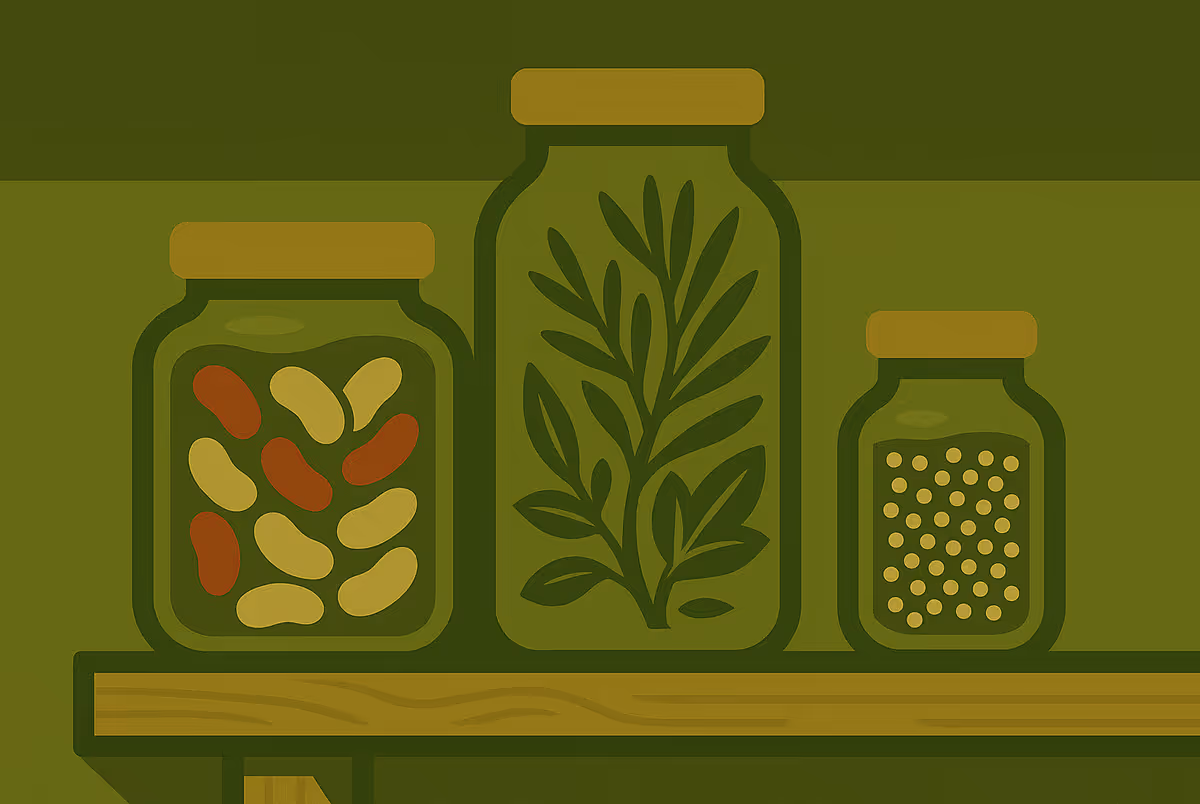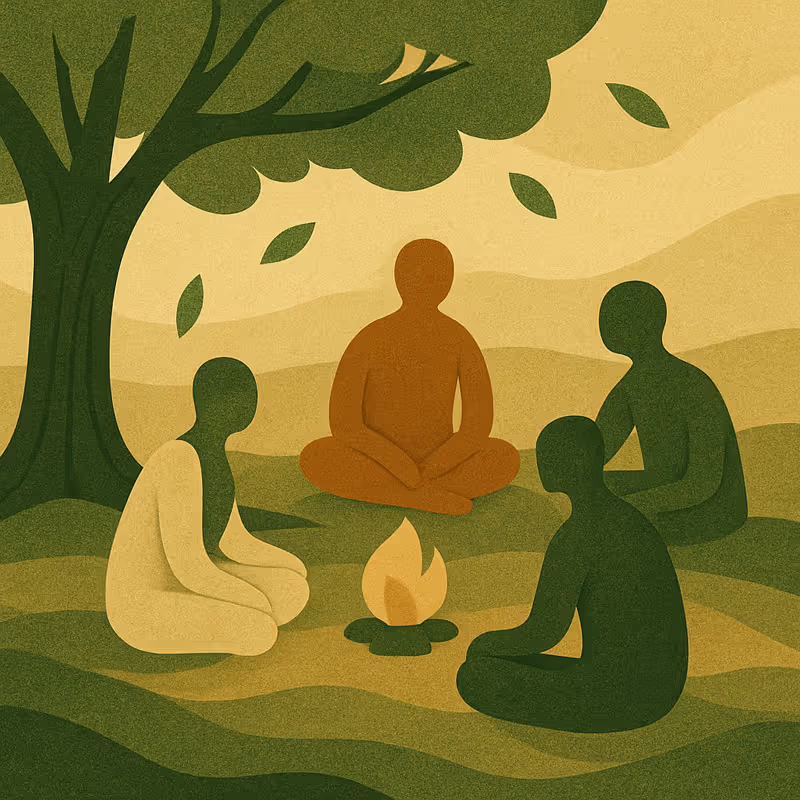Understanding and Measuring Impact
PATHBREAK is designed to support learning that can resonate on multiple levels. Impact may take the form of increased awareness, clearer understanding of systems, or changes in how players relate to decision-making around biodiversity. It might also support shifts in dialogue, collaboration, or institutional thinking. These effects may not be immediate or easily measurable, but they are often visible through how players engage, reflect, and carry insights forward.
Facilitators can reflect on the aims of the session in advance. Are you hoping to prompt individual insight, spark new forms of group dialogue, or connect local experience with wider structural issues? Clarifying this can shape both how the session is delivered and how feedback is gathered.
There are a range of ways to explore impact:
- Before and after: Simple surveys or reflection exercises can help track changes in understanding, perception, or confidence around biodiversity and governance.
- During gameplay: Observe how decisions are made. E.g. Are players drawing on different forms of knowledge? Do they negotiate or shift strategy in response to others?
- Through debriefing: Facilitated reflection often reveals how players interpret what happened, connect it to their own contexts, and identify moments of learning or discomfort.
- After the session: Returning to players a few days or weeks later can offer insight into what has stayed with them and how it has influenced their thinking or actions.
Impact may also be visible in less formal ways. For example, players continuing a conversation after the game, applying its lessons to another context, or suggesting changes in their organisation. It may appear through new collaborations, shared language, or more confident engagement with biodiversity challenges.
The game has been shown to support learning at individual, interpersonal, and institutional levels. This includes new knowledge, more nuanced attitudes, or clearer understanding of power dynamics and systemic change. It can also help build social capacities by enabling players to experience negotiation, complexity, and the difficulty of collective decisions. Where possible, co-evaluate the experience with players, making their perspectives part of how impact is understood.




















